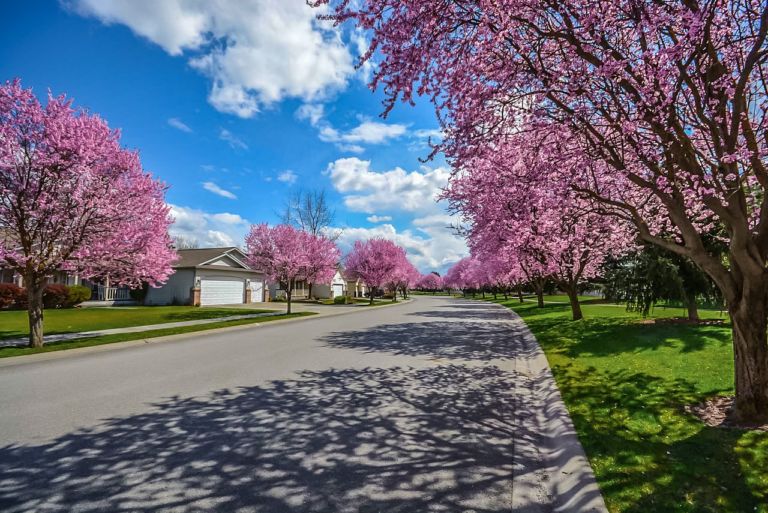Scott Sumner begins a recent discussion of California’s ill-fated high-speed rail project by noting:
In many ways, California is the ideal place to build a high-speed rail line. The state has two giant metro areas, separated by 380 miles, which is the “sweet spot” for high-speed rail. A high-speed rail line could (theoretically) cover that distance in less than 2 hours, which makes it competitive with air travel. …
California has many other advantages as well. Governor Jerry Brown was an enthusiastic advocate. The state is completely dominated by the Democratic Party, with the environmental wing of the party being especially powerful. California is home to the world’s wealthiest industry (tech) and is able to impose very high income taxes on the rich without suffering a mass migration to cheaper states, due to its enviable climate and lifestyle. They’ve got enough money.
And yet the project dead in the water. Why? Because “progressives have not faced up to a number of difficult choices”:
1. The choice between strict environmental regulations for major construction projects, and the goal of building environmentally friendly infrastructure.
2. The choice between pro-union labor policies and building affordable infrastructure.
3. The choice between high levels of spending on human services and building infrastructure.
4. The choice between wildly excessive safety regulations, and efficient transport services that are “safe enough”. For instance, it took decades for our transportation regulators to approve lightweight rail cars that had been used in Europe for many years. Penn Station’s Amtrak station has long lines due to utterly useless passenger checks in the terminal, even as “terrorists” could freely board the same train without any ID checks a few miles down the road in Connecticut.)
Ironically, observes Sumner, by refusing to face up to those hard choices, progressive have actually decided to scuttle high-speed rail, and other infrastructure projects, by default:
[They] have chosen to keep intact some wildly excessive regulatory burdens on getting environmental approval for new projects, instead of limiting the environmental review to no more than 6 months. They have chosen to use expensive American union labor and inefficient US builders rather than more efficient foreign builders using labor from China and Bangladesh. They have chosen to spend lots of money on human services, leaving little money for building infrastructure. By making these choices, progressives have implicitly revealed that infrastructure is not a high priority to them.


